Mistakes in the Wild
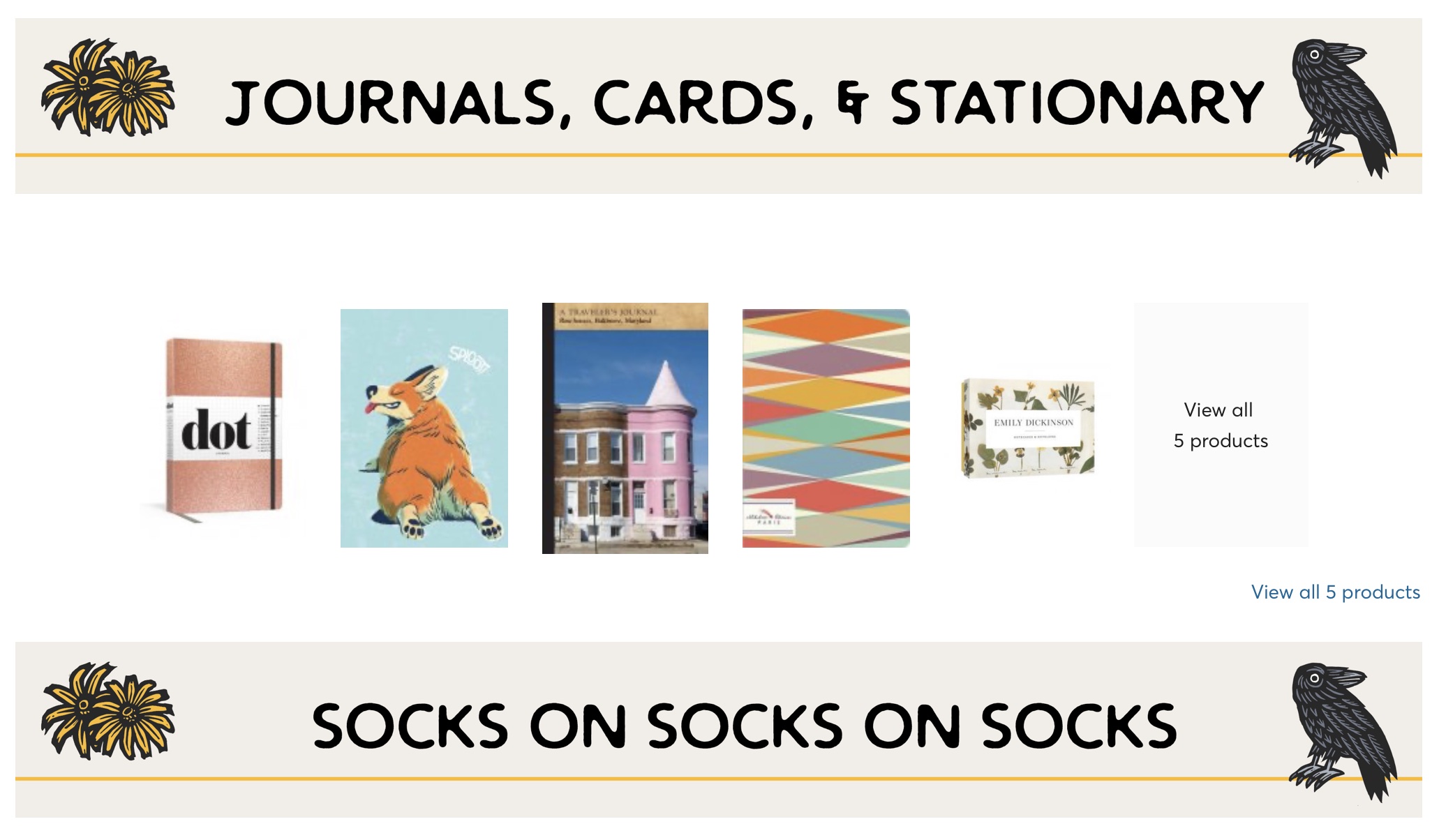
STATIONARY vS. STATIONERY
Stationary is an adjective (a describing word) that means not moving. For example, stationary bikes don't move forward. Stationery is a word used to describe envelopes and paper for writing letters, etc. This company sells stationery—regardless of what its ad says.
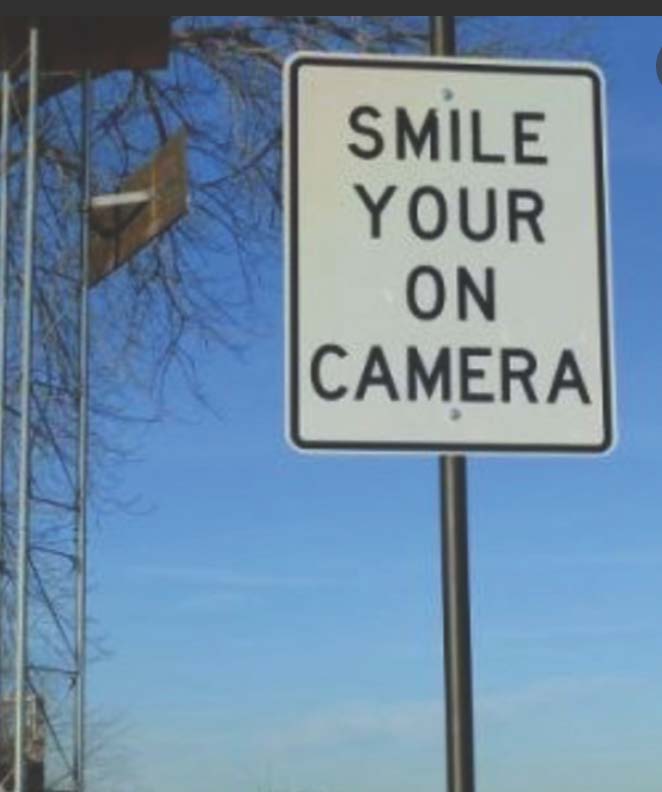
YOUR OR YOU'RE?
You're means you are. Your is a possessive pronoun. Here's an example of it used correctly: Your sign is grammatically incorrect.
SMILE
YOU'RE
ON
CAMERA

ITS OR IT'S?
It's ONLY ever has an apostrophe if you can substitute the words 'it is.' It really is that simple. This company does not want its slogan to read "Reliability at it is best," so they should change it's to its!
Reliability at its best!
(Remember that its' is NOT a word. The ACT throws that in as an answer sometimes.)
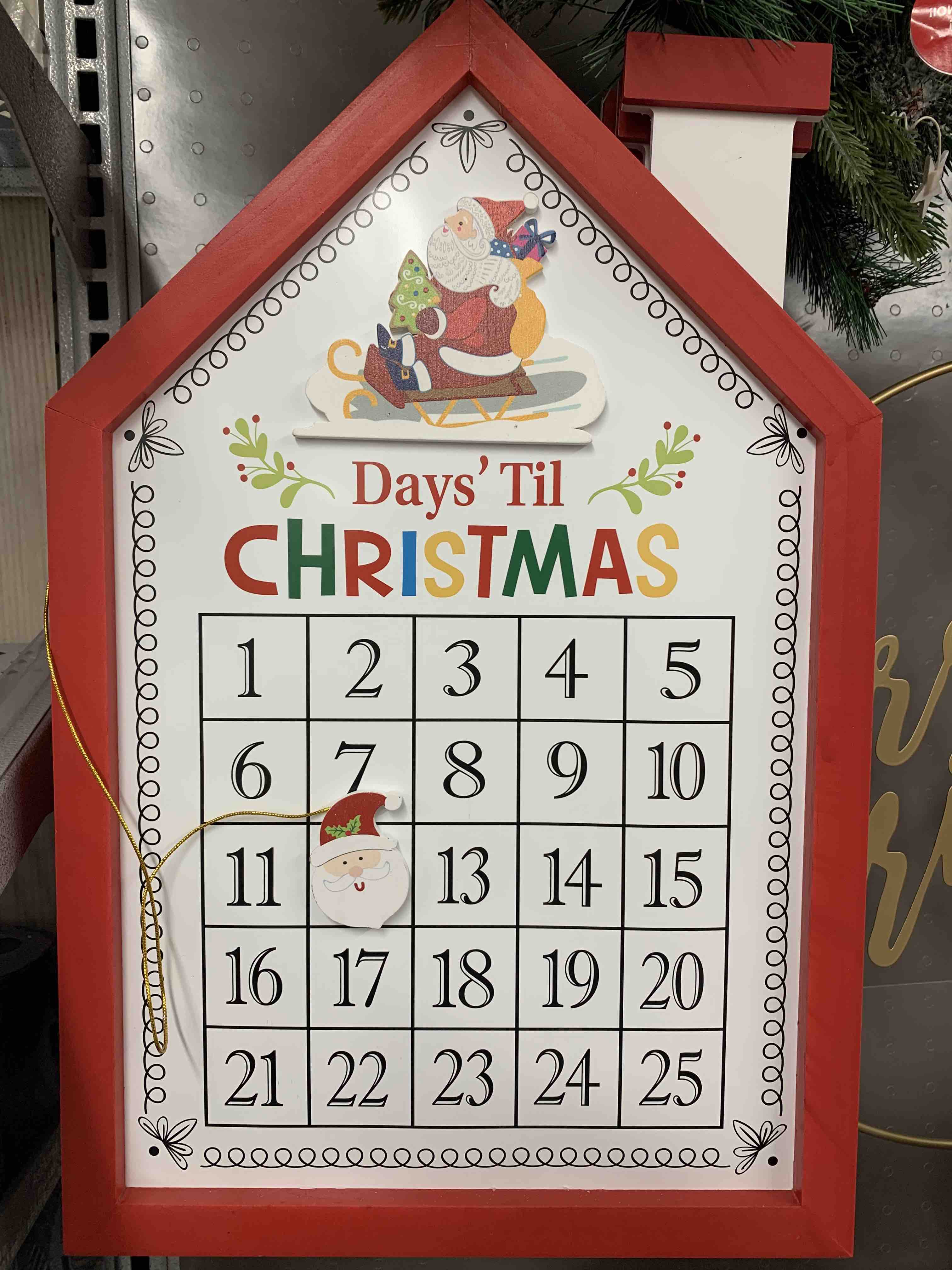
APOSTROPHES
Here's a trick for checking your apostrophes. Cover just the apostrophe with your finger and read what word is to the left. In this case, it's the word Days. Whatever is to the left is the thing or things you are saying possess something. The way this is written means that Days possess something called Til, which doesn't make sense.
I'm guessing they meant to put the apostrophe right before Til, which would make sense: the apostrophe would take the place of the un in the word until.
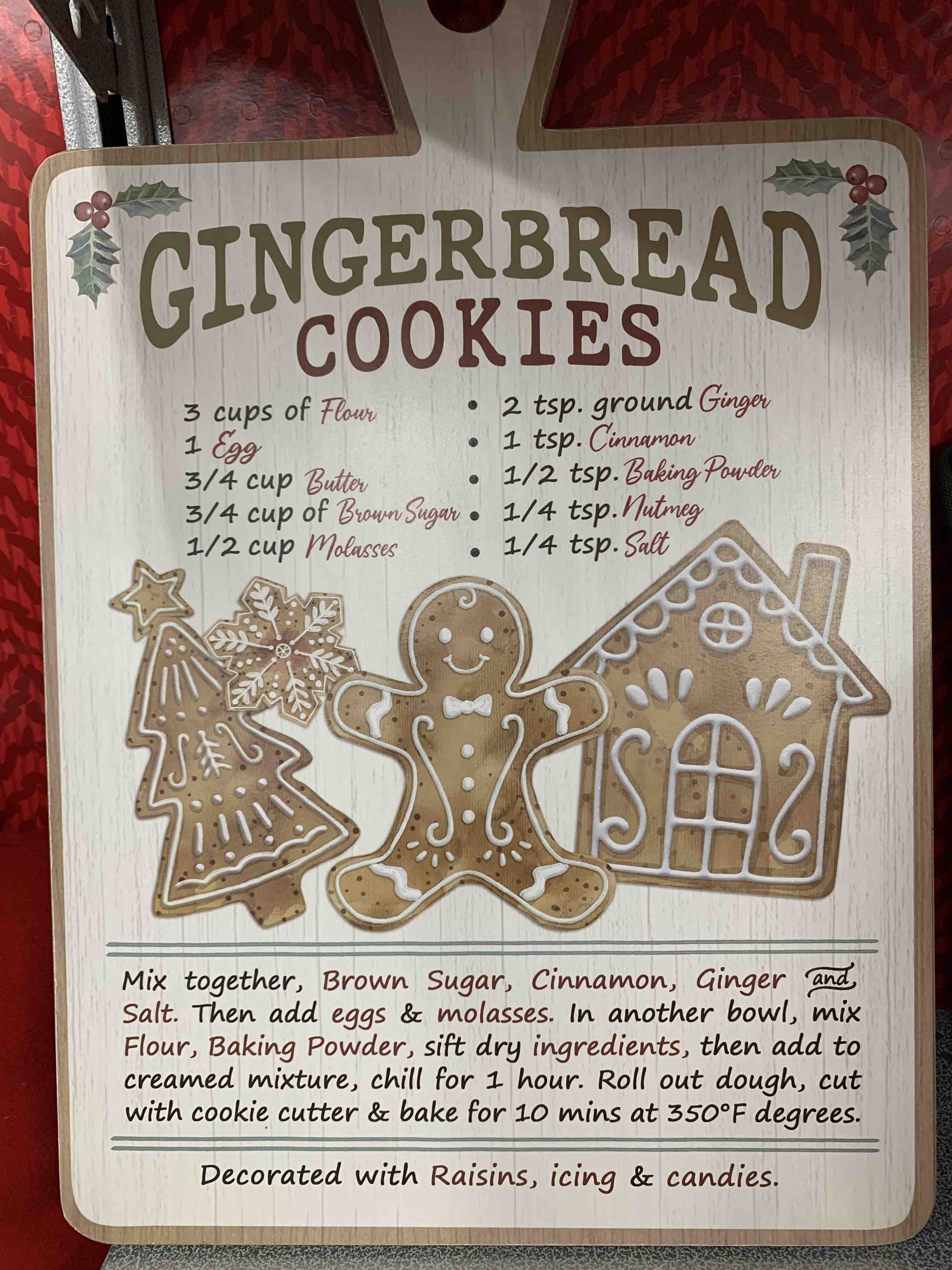
COMMA SPLICES
You can't use commas to separate independent clauses. This type of error is called a comma splice (not that you need to know what it's called).
You can rewrite the third sentence like this:
In another bowl, mix flour and baking powder. Sift dry ingredients, and add to creamed mixture. Chill for 1 hour.
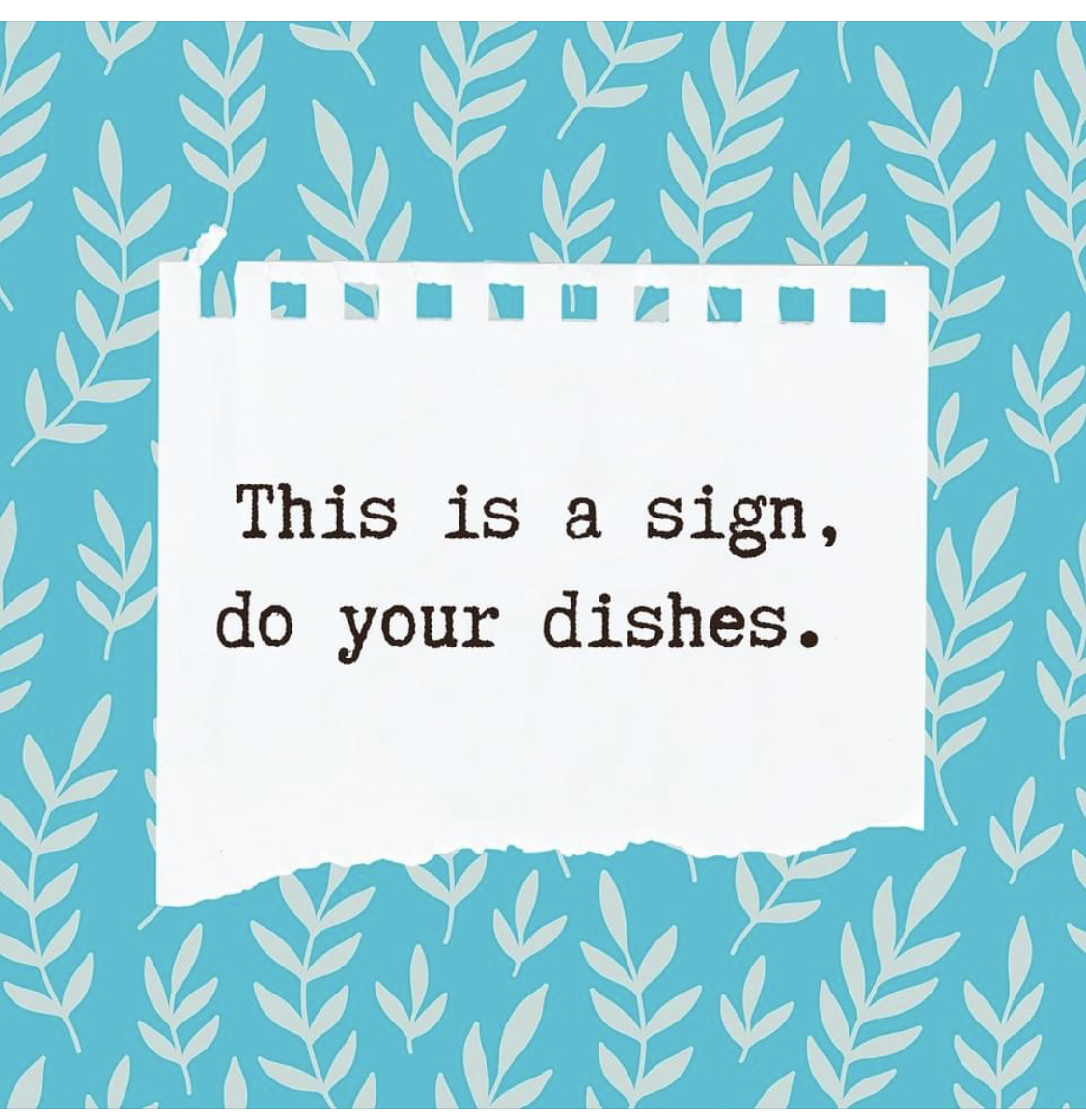
MORE COMMA SPLICES
There are two sentence here, but a common can never separate independent clauses (basically, two sentences). You could use a colon after the word sign. This is a sign: do your dishes. You could also just split it into two sentences. This is a sign. Do your dishes.

EVEN MORE COMMA SPLICES
"That's chalk and cheese; there is no comparison." You can never have a comma separating two independent clauses. You know that independent people act on their own. The same is true of the clause "There is no comparison." It can stand on its own and make perfect sense. Therefore, you cannot use a comma to separate it from the other independent clause "That's chaulk and cheese." You need a semicolon or a period.
